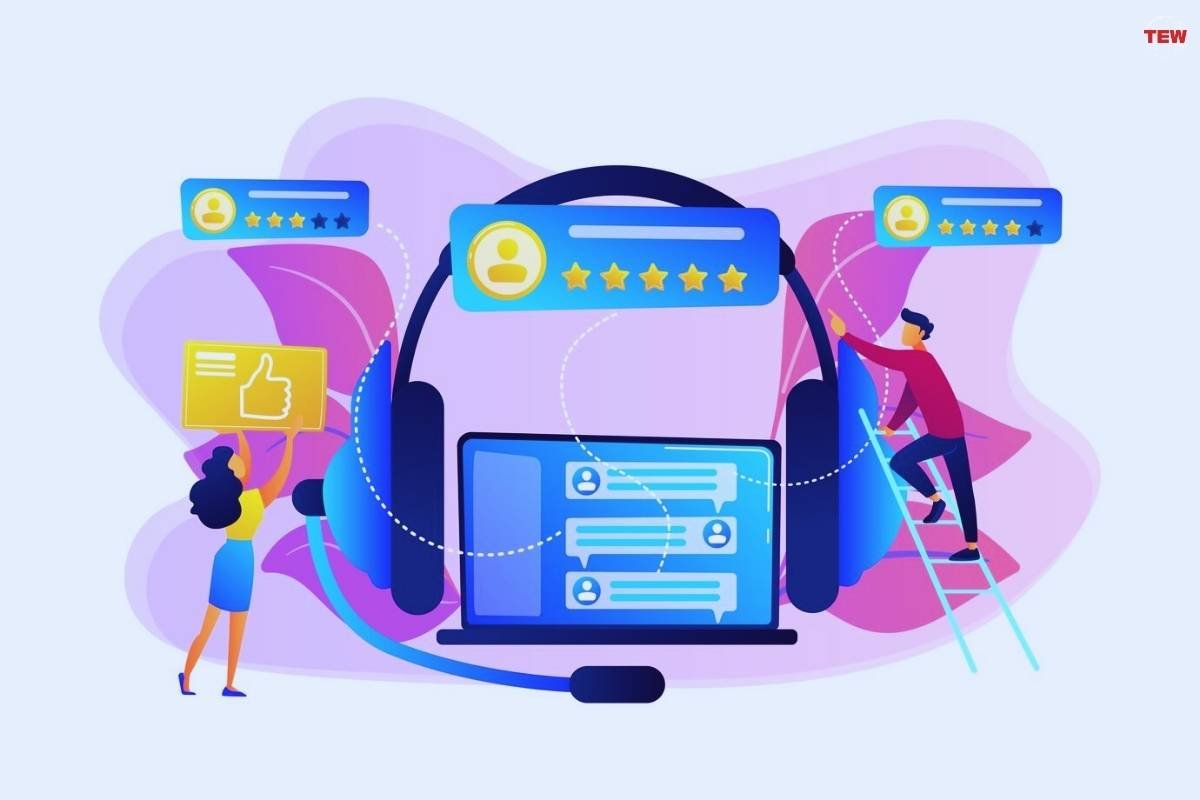It’s been a year since ChatGPT was released to the public. Artificial Intelligence didn’t start with ChatGPT, of course, but there is a sense that OpenAI’s chatbot let the genie out of the bottle. Over the last year, we have seen a huge number of AI tools and services released, and there has also been something of an arms race between the likes of Meta, Amazon, Google, and Samsung to release new AI products. Most are still playing catchup to OpenAI and its patron, Microsoft, however.
Nonetheless, what we have also seen over this past year is a lot of debate about use cases for the technology. A lot of that has been focused on job roles. And while it’s too soon to say anything with certainty yet, it is certainly possible that everyone from music producers to software developers to lawyers could have their job roles disrupted by AI.
Personalization is already a business tactic

Yet, one area of interest we’d like to look at is personalization and curation. In short, using Artificial Intelligence to tailor content, services, and products for individuals. This idea isn’t exactly new, of course. Consider how clothing websites might have a “Recommended for You” section based on previous searches and purchases. Or if you look at the online gaming platform McLuck, you’ll see there is a “For You” tab where players can access the games they like to play. Yet, with AI, this sense of curation can reach a new level.
To explain, we can use the following hypothetical scenario: You wake up in the morning, and you switch on ‘your personal podcast’. This is a news podcast that delivers real-time news based on your tastes. Let’s say that your interests are the Boston Red Sox, US politics, Tesla stocks, and Taylor Swift: Your personal podcast would deliver a roundup of stories on those topics, complete with analysis. It could do this by scanning news reports and then using Artificial Intelligence to analyze them and deliver them in podcast form.
The hypothetical podcast above is not just possible, but probable. The key aspect is not the scanning of news reports – news curation websites already exist – but the delivery using Artificial Intelligence voice. To understand this, we would suggest you have a look at Meta’s SeamlessM4T translation tools. This AI has several facets, but it is essentially a speaking and translation tool. Importantly, it is not robotic. It understands expressions, tones, whispers, emphasis, and so on. So, in your personal podcast, it would sound like a real human delivering your news.
There are controversial uses for the Artificial Intelligence

Of course, with Artificial Intelligence, there are always elements of controversy. Few would argue against the ethics of a personalized podcast, but what if we went a little further, say, by replacing an actor in a movie? Or by replacing the vocals of Prince in the song Purple Rain with the vocals of David Bowie? This is all going to be possible, and, to an extent, it already is. But it starts to raise fundamental questions, including on what we should be allowed to do with art.
We won’t get bogged down in the debate of Artificial Intelligence changing art, as the debate is far too broad. But the example above highlights the power of personalization. In the world of arts and entertainment, we are going to be able to shape artistic content in any way we want. But just because it will be possible, does not mean we should do it. Nevertheless, the use cases for curation are going to serve all types of businesses, and that will go far beyond entertainment. If you run a business – of any type – you’ll be able to connect with your customers in more personalized ways. And they, too, will be able to shape how you connect with them.
As we said at the start of this piece, ChatGPT and the ensuing Artificial Intelligence boom are only about one year old. AI is going to have huge repercussions – some negative, some positive – on every business sector. But those businesses that appreciate the power of curation and personalization are going to be among the winners as the most disruptive technology since the internet comes into its own.





